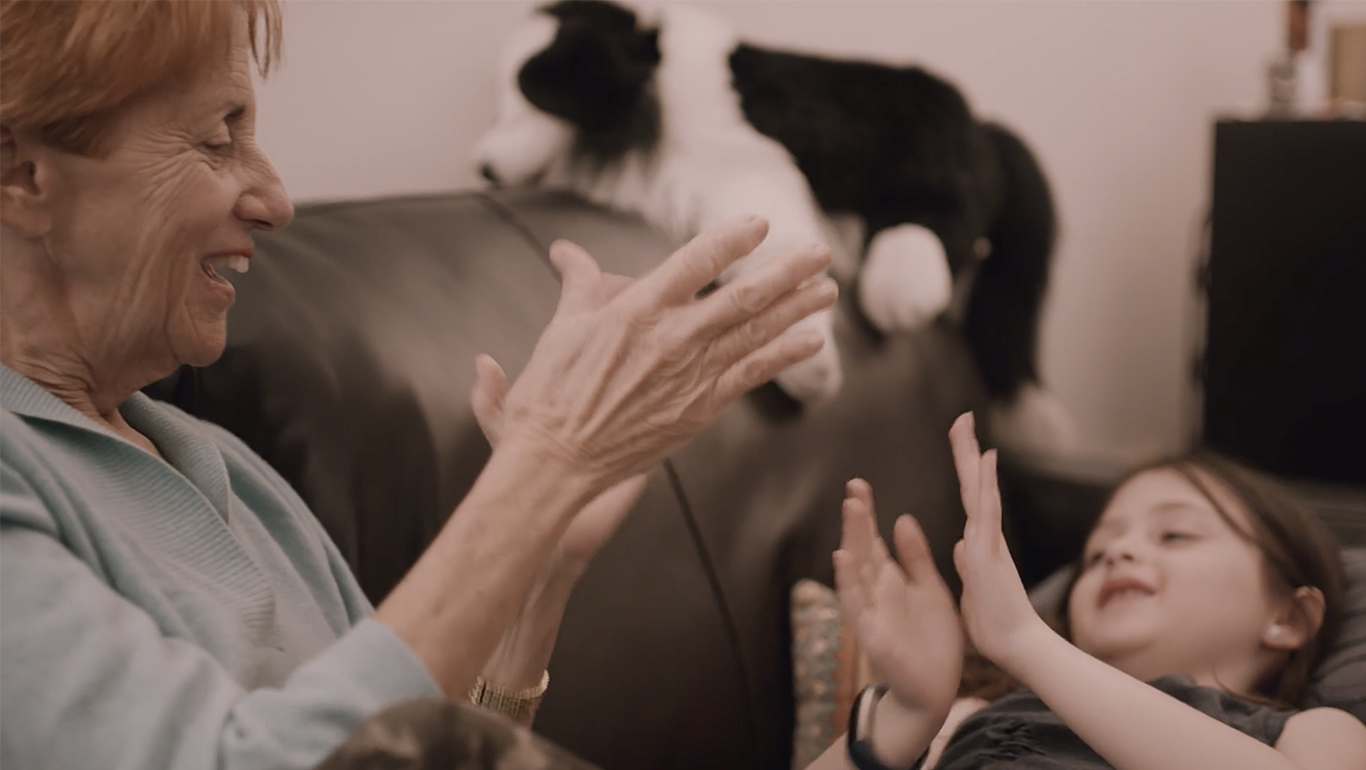
Getting Good Sleep Requires Having the Right Mindset
A few changes during your day to heal the mind can have lasting impact on your sleep.
by Dr. Ana KriegerAfter a lifetime of insomnia, Jane sums up her 70 years: “I’ve waked up tired my whole life.” A successful lawyer, professor, wife, mother, and caretaker, she nonetheless was never able to get past her stress and get a full night’s rest. Sound familiar? In Jane’s case, she eventually discovered the potential power of mindfulness, breathing exercises, yoga, tai chi, and walking for relaxation. She was able to embrace her challenges instead of resisting them, and found along the way the power to improve her sleep. Her story is told in the short film, “Night After Night,” as part of TakeFive, a program of The TakeCare Campaign. This is a national initiative that offers tools to help people improve their own health and well-being through messages embedded in inspirational short films.
A good night’s rest seems unattainable for many of us. With daily stressors related to work, school, family, or other obligations, we often find ourselves having difficulty getting to sleep or waking up in the middle of the night, feeling anxious and overwhelmed. Sleep problems can make us feel powerless. But I want you to know that you do have the power to change your sleep. Jane’s story is an excellent example of what can happen when you make simple changes in your life. Here’s how to do it:
Embrace Your Challenges
The first thing Jane did to help improve her sleep was to stop resisting her challenges, and instead, embrace them. Oftentimes, when we worry about stress, we become even more anxious and create an endless cycle of worry that impacts our sleep. By facing our concerns and taking time during the day to list our stressors and analyze them, finding solutions, or just changing our perception about the problems, we become more resilient, confident, and happy.
By Jane coming to the realization that she needed to stop worrying about everyone in her life because they were well-taken care of, she learned to spend her time focusing on the positives, like how much she enjoyed her grandchildren and the fun they had during the day. It helped shift her mindset to a positive one, with gratitude for the many blessings she has in life, instead of focusing on worrying, and it led to better sleep.
Understand the Mind-Body Connection
Don’t underestimate the power of the mind to help you unwind. In the film, Jane said “It’s your mind that is causing the problems, and it’s your mind that can get over the problems.” Once you can get the right mindset on how to navigate stress, you will sleep better. In Jane’s case, she found yoga and tai chi to be helpful, but even simple things like walking, journaling, or breathing exercises every day have been shown to reduce mental stress and ultimately improve sleep.
Get Disciplined
You must be disciplined about making the right changes. Today’s modern world has removed many challenges from our lives that our ancestors had to contend with, and now we’re used to having practically everything at our fingertips. We expect immediate results, but this expectation is counter-productive to many health and well-being practices.
When you decide to take on an activity or a new schedule, you need to stick with it for at least four weeks to see the benefits. You can’t expect immediate results – that’s often why people feel like it’s hopeless. Instead, ensure you have the discipline to stick with the change, be consistent, and see it through. Investing 5-10-20 minutes a day is a small investment that can have a big impact.
Being disciplined about your habits is a key component of improving your sleep. Making healthy choices and removing unhealthy behaviors including use of alcohol, nicotine and even caffeine after lunch time often have a major impact.
Find Consistency
Many may not realize that getting a good night’s rest is dependent on your entire day. To achieve good sleep, we need to assess our lives from a “global” perspective. What time do you wake up? When do you eat your meals, and are they nutritious? What stressors do you face daily? When do you exercise? Are you keeping a regular schedule? Given today’s environment, every one of us has to adapt to changes to our routines and that will inevitably impact our sleep.
When you’re trying to understand the problems you’re having at night, consider what’s going on during the day. Given the new normal we’re in, particularly during the COVID-19 pandemic, have you lost your regular structure? Do you have a regular routine, or are your days mostly chaotic? If you lean towards the latter, I encourage you to establish a routine that includes regular healthy habits, like going to sleep and trying to wake up at set times, eating well-balanced meals, and getting daily exercise. Establishing a healthy routine, especially during these challenging times, will help make your day more manageable and predictable, which will lead to less stress and better sleep. You can do it!
Ana Krieger, MD, MPH, served as a medical advisor on the film, “Night After Night,” as a part of The Healthy US Collaborative’s TakeCare Campaign. She is also the Chief of the Sleep Neurology Division in the Department of Neurology and the Medical Director of the Center for Sleep Medicine at Weill Cornell Medicine. She is a Professor of Clinical Medicine in the Departments of Medicine, Neurology and Genetic Medicine.
— Published on May 29, 2020